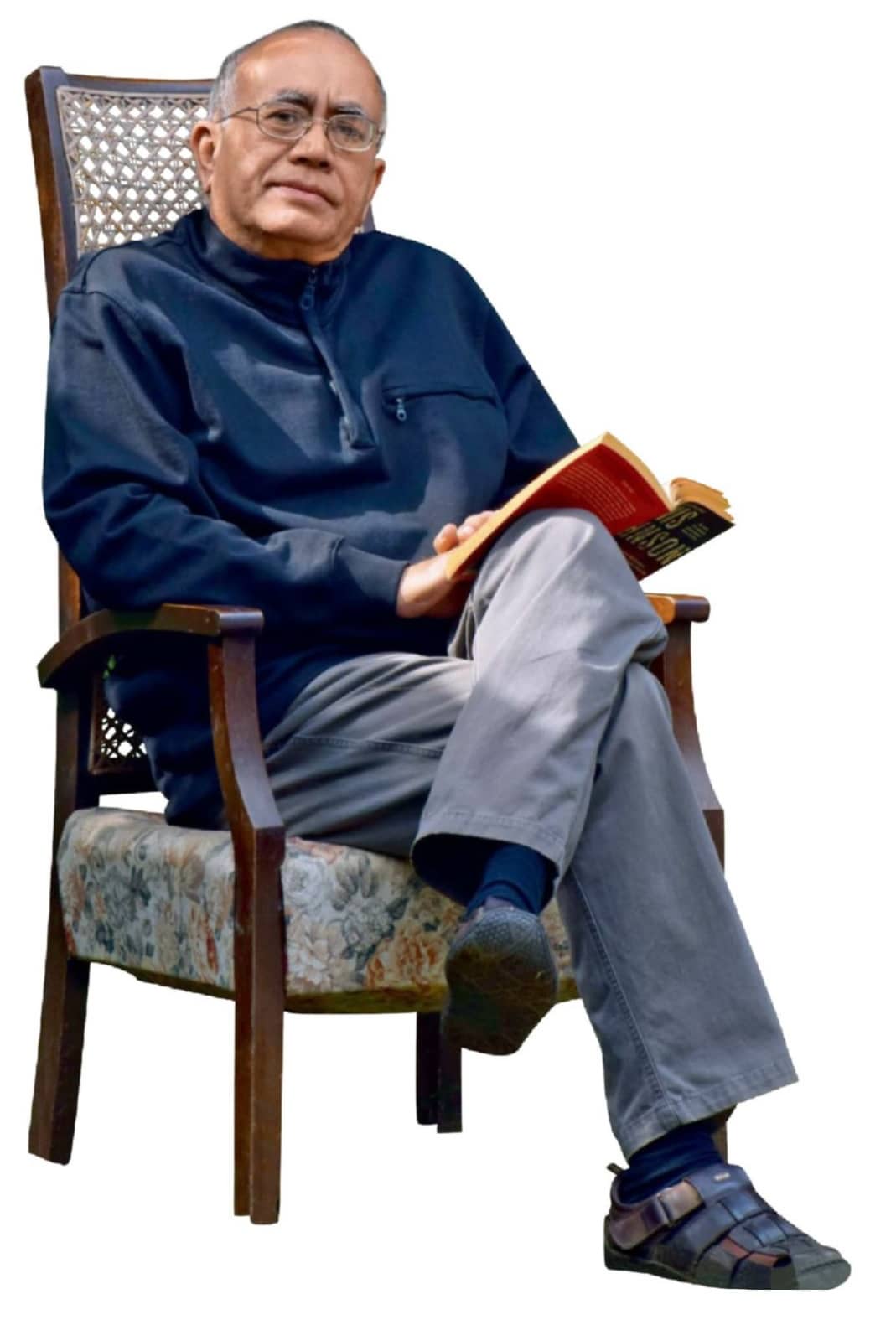
Emperor Asoka ruled much of South Asia and played a crucial role in the spread of Buddhism in the 3rd century BC. But who was the man? What brought about his transformation from a warmonger to a practitioner and preacher of peace? Irwin Allan Sealy’s latest novel Asoca: A Sutra— an imagined memoir told in the voice of the ageing emperor, ‘Asoca’, after he has abdicated and retired to a cave— might provide some answers.
What drew you to write a book on Asoka?
A glimpse—quite late in life—of his famous Kalsi edict rock located in the very district where I’d spent a goodly portion of my life, Dehradun. The rock was pivotal in establishing an accurate chronology for our ancient history and in the deciphering of our archaic languages, so I was a little ashamed of having failed to visit this crucial landmark in my own backyard. I think the novel was part expiation.
In Zelaldinus (2017), the narrator was your alter-ego. Here, Asoka is looking back on his life as a 70-something man. Did your being close to him in age have any bearing on his reflections?
Certainly, it helped to be able to look back as Asoka himself might have towards the end of his life. I’d like to think that proximity—reflecting on life from a comparable vantage—gave the firstperson narrative some authenticity. We don’t know for sure when Asoka was born or when he died, so his age is conjectural. Historians think he lived into his mid-seventies.
You said in an interview that the sorrow of Asoka resonated with your own experiences as a person. Can you elaborate?
Esta historia es de la edición August 2021 de Reader's Digest India.
Comience su prueba gratuita de Magzter GOLD de 7 días para acceder a miles de historias premium seleccionadas y a más de 9,000 revistas y periódicos.
Ya eres suscriptor ? Conectar
Esta historia es de la edición August 2021 de Reader's Digest India.
Comience su prueba gratuita de Magzter GOLD de 7 días para acceder a miles de historias premium seleccionadas y a más de 9,000 revistas y periódicos.
Ya eres suscriptor? Conectar

ME & MY SHELF
Siddharth Kapila is a lawyer turned writer whose writing has focussed on issues surrounding Hinduism. His debut book, Tripping Down the Ganga: A Son's Exploration of Faith (Speaking Tiger) traces his seven-year-long journey along India's holiest river and his explorations into the nature of faith among believers and skeptics alike.
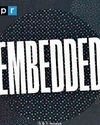
EMBEDDED FROM NPR
For all its flaws and shortcomings, some of which have come under the spotlight in recent years, NPR makes some of the best hardcore journalistic podcasts ever.
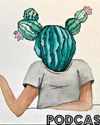
ANURAG MINUS VERMA PODCAST
Interview podcasts live and die not just on the strengths of the interviewer but also the range of participating guests.

WE'RE NOT KIDDING WITH MEHDI & FRIENDS
Since his exit from MSNBC, star anchor and journalist Mehdi Hasan has gone on to found Zeteo, an all-new media startup focussing on both news and analysis.
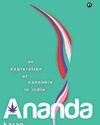
Ananda: An Exploration of Cannabis in India by Karan Madhok (Aleph)
Karan Madhok's Ananda is a lively, three-dimensional exploration of India's past and present relationship with cannabis.
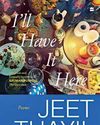
I'll Have it Here: Poems by Jeet Thayil, (Fourth Estate)
For over three decades now, Jeet Thayil has been one of India's pre-eminent Englishlanguage poets.
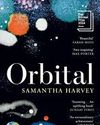
Orbital by Samantha Harvey (Penguin Random House India)
Samantha Harvey became the latest winner of the Booker Prize last month for Orbital, a short, sharp shock of a novel about a group of astronauts aboard the International Space Station for a long-term mission.

She Defied All the Odds
When doctors told the McCoombes that spina bifida would severely limit their daughter's life, they refused to listen. So did the little girl

DO YOU DARE?
Two Danish businesswomen want us to start eating insects. It's good for the environment, but can consumers get over the yuck factor?

Searching for Santa Claus
Santa lives at the North Pole, right? Don't say that to the people of Rovaniemi in northern Finland